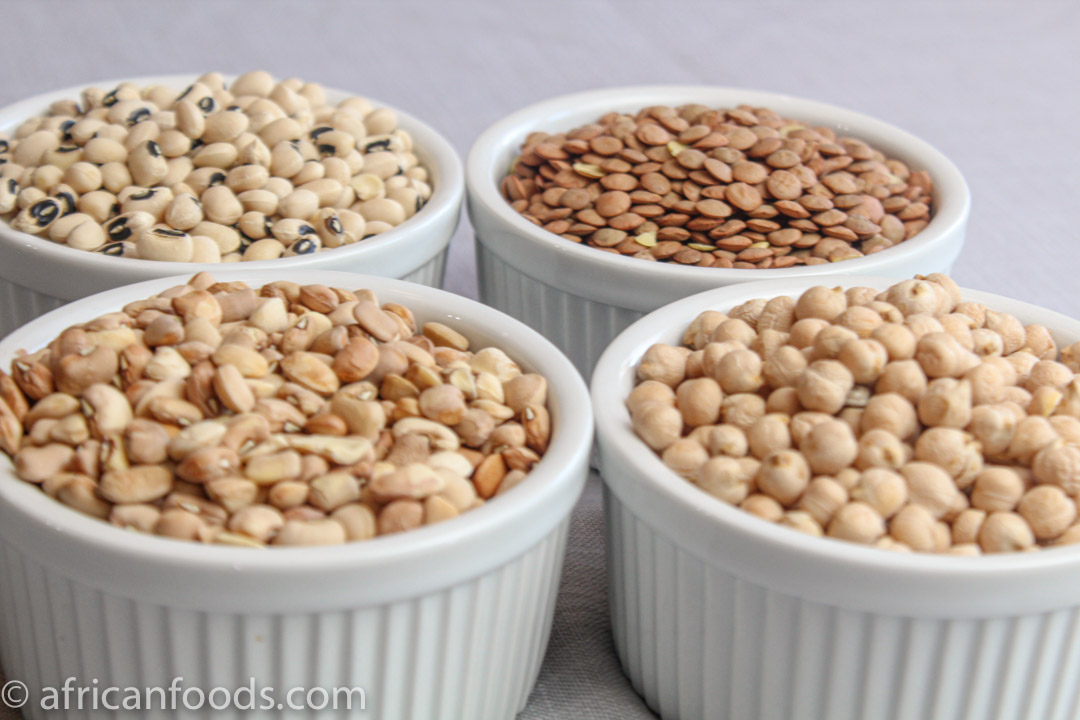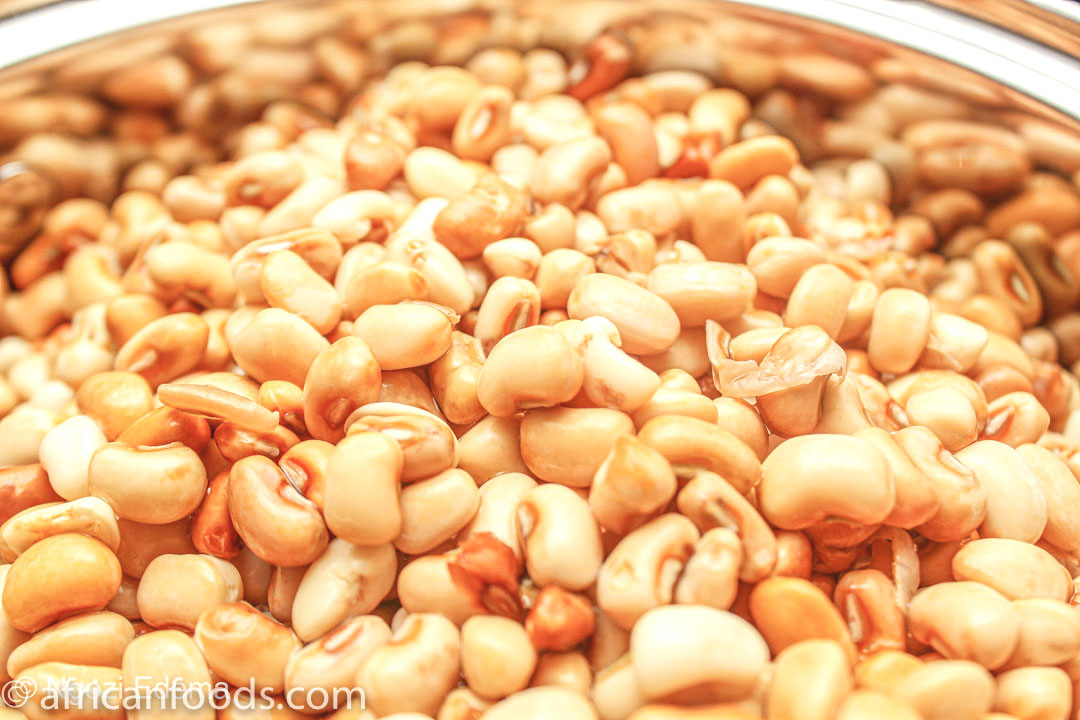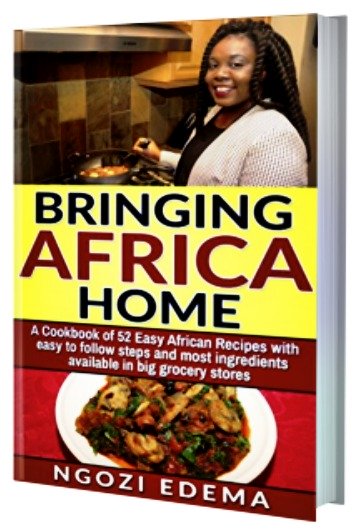Beans
Beans are protein-rich legumes of varying varieties and sub-varieties, belonging to the family of plants called Fabaceae. There are also called cowpeas. Pulses and lentils also belong to this family of plants.
Mostly kidney shaped and comes in various sizes, and colour. Popular ones include black eye beans, garbanzo beans, black beans, brown beans, red kidney beans, and adzuki beans.

Beans is one of the most highly nutritious food known to man. They have very high protein content, rich in fiber and antioxidants. They fill you up for longer, a plus for any trying to lose weight or generally wants to stay healthy. Unless you add fat to them they are generally very low in calorie. They help lower blood glucose level, may help lower cholesterol levels, reduces the risk of cancer and prevent fatty liver.
They are a safe alternative to protein for vegans and vegetarians. Safe for any on a gluten free diet. Those on gluten free diet should be cautious of already packaged beans as they may come from factories that also package wheat so check the label.

Why Some Do Not Like Beans
Despite the many benefits of beans, they are not everyone’s cup of tea. I must admit that while growing up, they were not mine either. Below are the two common reasons some shy away from eating beans.
- They cause much intestinal gas production, flatulence and bloating, which could be quite painful. The good news is not everyone gets these after a meal of beans, and it can be reduced or eliminated for most people.
- It takes longer to cook beans, than most other meals. This may put some persons off cooking beans.
Flatulence or passing gas is normal and we all do several times a day. Perhaps up to 20 times and most times without knowing we are. True, certaian foods like beans make it worse however unless it is excessive and causes you discomfort which require medical help or complete abstinance from any food that aggravates it, for most people it may not get that bad.
Try the following suggestions to help solve or reduce these problems:
- Plan what you need for about a month and cook a lot to last you for that lenght of time. Measure it out and save into several containers or freezer bags, freeze, then use as needed. It is always best to cook your beans from scratch.
- Soak beans at least overnight, throw out the water you used in soaking and thoroughly rinse your beans before cooking.
- Transfer beans to a pot containing enough water to cover beans completely and bring to a boil. Pour out the water and rinse again. This second step is only for those with a very sensitive stomach. For most people step one would be enough.
- Eat little at a time if you are starting.
- Drink plenty of water to help your intestine.
- Read more about it and benefits of eating beans here.
Some may also add a little potash or baking soda to tenderize the beans. The draw back with these two, is they may potentially destroy important nutrient, like the B vitamin, B12. They may also change the taste of the beans negatively. The age of the beans sometimes play a role on how long it takes to cook, the older the beans the longer it takes to cook. So, if you can, always by beans that are not so old.
How I Cook My Beans?
My favourite method of cooking beans is on the slow cooker.
Slow Cooker Beans
|
Servings: |
Prep Time: |
Cooking Time: 4-6 hours |
Ingredients
- 6 cups of beans (I have a 6 quartz slow cooker if yours is smaller reduce quantity by half 3 1/2 to 4)
- 1 small onion chopped(optional)
- Salt to taste
Method
Soak overnight drain and rinse thoroughly.
Transfer to beans and chopped onion(if using) to slow cooker and add enough water to cover beans.
Cook for 4-5 hours on high add salt to taste in last one hour of cooking. Serve or divide into freezer bags and use as needed.
Recipe provided by www.AfricanFoods.co.uk
If you do not have a slow cooker then your good old stove is great. After soaking overnight, rinse and drain, then transfer to a pot and cover with water. Add salt after cooking for an hour and cook until beans is tender adding more water as needed. Depending on age of beans, it should take about an hour and half to two hours.
Want to try some beans recipe? Try these:
Want regular updates on African cuisines and food recipes? What about unique health information about these foods - what to eat and avoid to keep healthy from the list of African recipes available?
Fill in the form below to subscribe to our Newsletter - AfricanFoods Weekly?
Worried about spamming? We are too. We will never ever give or pass on your information to anyone else. We will only use your email address to send you your copy of our weekly newsletter. We do have a zero tolerance to spam. We subscribe to a very strict policy on the handling and use of information we gather on this site! We also get paid for affiliate links on this site. See our privacy policy for further details.
Follow us on social media:
Get Our Weekly Newsletter. Subscribe Today. It's FREE.
Subscribe to African Foods Weekly
Get African food recipes, cooking tips, and healthy eating info delivered to your inbox every week. Simply fill in your email below and click SUBSCRIBE .
(Your information will not be shared)










New! Comments
Have your say about what you just read! Leave me a comment in the box below.